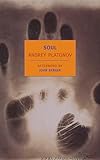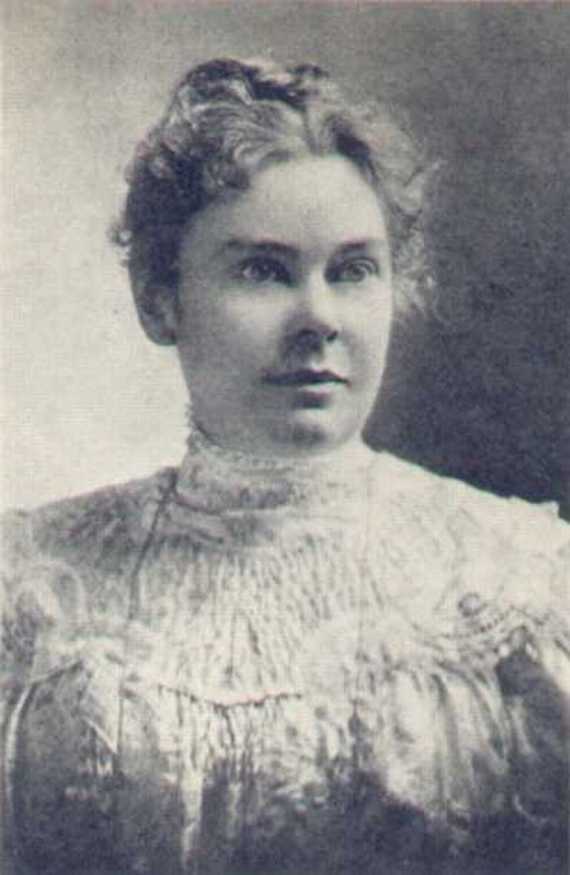It was raining last Thursday (because it is always raining in New York) when I went to the CUNY Graduate Center to hear a panel called “Language in New Forms: The Work of Andrey Platonov.” I’m glad I braved the weather, however. The panel featured four of the most mellifluous voices in Anglo-American letters – Michael Ondaatje, Francine Prose, Threepenny Review editor Wendy Lesser, and intellectual historian T.J. Clark. I could listen to Ondaatje read the phone book. Even more remarkable, though, was Platonov himself. Indeed, this Russian writer of the Soviet epoch turned out to be my big discovery of this year’s festival.
Edwin Frank, whose NYRB Classics imprint has brought Platonov’s fiction back into print, opened the proceedings. Reminding the audience to turn off cellphones, Frank had a kind of Woody Allenish mien, but he waxed eloquent as soon as he began discussing Platonov’s complicated publishing history. Platonov’s “pressurized, contorted. . . lyrical” style made him “the most inventive writer of the revolutionary era,” Frank suggested – a Slavic peer of Beckett and Kafka, only with a desire “to bind up [the world’s] wounds” in addition to probing them. His admirers and champions included Yevtuschenko and Gorky, and like the latter, Platonov truly believed in the revolution. He had the utopian spirit. And yet, perhaps detecting the negative capability that is always hostile to ideology, Stalin’s functionaries suppressed Platonov’s best writing.

 After this fulsome introduction, the panelists let Platonov’s work speak for itself. Ondaatje read from an early short story. Then Lesser undertook a mash-up, reading half of “Fro” from the recently retranslated collection Soul and half from the “barbaric” older translation (which NYRB published in 2000 as The Fierce and Beautiful World). Apparently, publishing complications have followed Platonov even into English, and Lesser’s reading made clear why. Platonov is an intensely unusual stylist, blending modernist subjectivity with futurist, revolutionary diction and visionary mysticism. Francine Prose’s reading from “his finest story,” the eponymous “Soul,” revealed an animist sympathy with trees and rocks and buildings. “After reading him for a while,” she said, nodding toward her bottle of Aquafina, “you start to wonder what the water bottle might think of this evening’s proceedings.”
After this fulsome introduction, the panelists let Platonov’s work speak for itself. Ondaatje read from an early short story. Then Lesser undertook a mash-up, reading half of “Fro” from the recently retranslated collection Soul and half from the “barbaric” older translation (which NYRB published in 2000 as The Fierce and Beautiful World). Apparently, publishing complications have followed Platonov even into English, and Lesser’s reading made clear why. Platonov is an intensely unusual stylist, blending modernist subjectivity with futurist, revolutionary diction and visionary mysticism. Francine Prose’s reading from “his finest story,” the eponymous “Soul,” revealed an animist sympathy with trees and rocks and buildings. “After reading him for a while,” she said, nodding toward her bottle of Aquafina, “you start to wonder what the water bottle might think of this evening’s proceedings.”
 The most spirited performer of the night, however, turned out to be T.J. Clark, who read a remarkable excerpt from the newly reissued novel, The Foundation Pit. Clark “did all the voices,” as the third-graders I used to teach would say, and drew the audience into a story remarkable, above all, for its sensibility: passionate, tender, absurd, and tragic. It’s a sensibility I look forward to reading much more of in the coming weeks.
The most spirited performer of the night, however, turned out to be T.J. Clark, who read a remarkable excerpt from the newly reissued novel, The Foundation Pit. Clark “did all the voices,” as the third-graders I used to teach would say, and drew the audience into a story remarkable, above all, for its sensibility: passionate, tender, absurd, and tragic. It’s a sensibility I look forward to reading much more of in the coming weeks.










